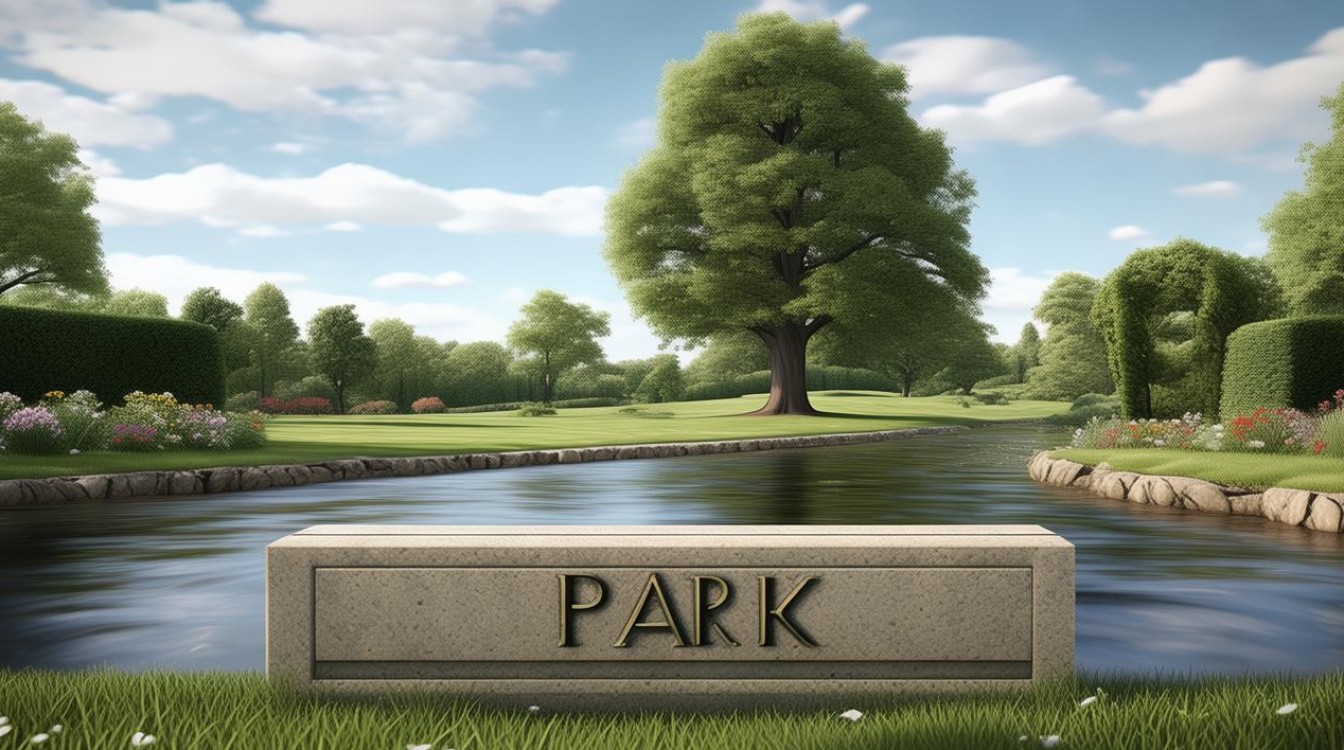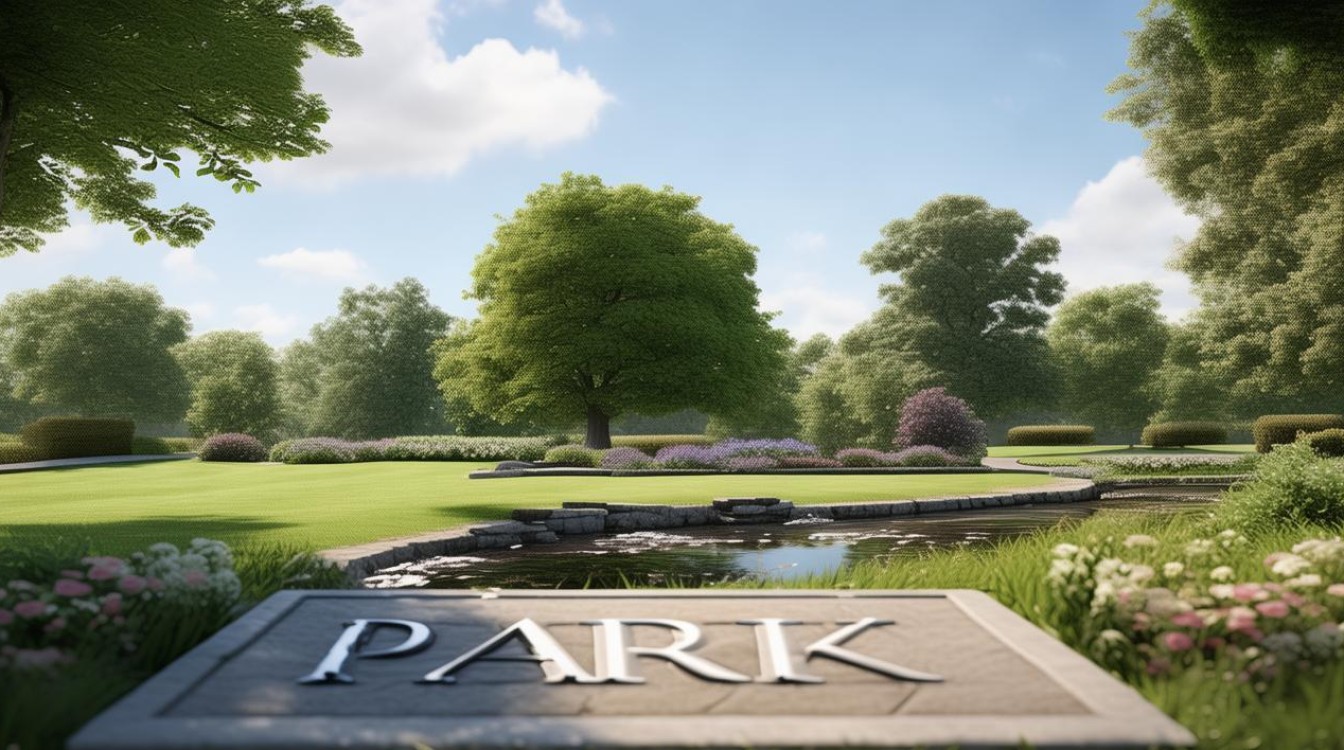When visiting a new city or exploring a different country, one of the first places people often seek out is a park. These green spaces offer relaxation, recreation, and a connection to nature. But how do you say "公园" in English? The answer is simple: "park." While the word itself is straightforward, its usage and cultural implications in English-speaking countries reveal much about how public spaces are valued.

The Meaning and Usage of "Park"
In English, "park" refers to a large public green area, often maintained by local governments, where people can walk, play sports, or simply enjoy nature. The term can apply to everything from small urban gardens to vast national parks. For example:
- Central Park (New York City)
- Hyde Park (London)
- Yellowstone National Park (USA)
The word is versatile. It can function as both a noun ("Let’s meet at the park") and a verb ("You can park your car here"). However, in the context of public green spaces, it’s almost always used as a noun.
Types of Parks in English-Speaking Countries
Not all parks are the same. English has specific terms for different kinds of parks, each serving a unique purpose:
- City Park – Found in urban areas, these are designed for leisure and community events.
- National Park – Protected natural areas, often with wildlife and hiking trails.
- Amusement Park – A commercial space with rides and games, like Disneyland.
- Dog Park – An enclosed area where pets can run freely.
- Theme Park – Similar to an amusement park but centered around a specific theme.
Understanding these distinctions helps when traveling or discussing outdoor spaces in English.
The Cultural Role of Parks
Parks are more than just physical spaces—they reflect societal values. In many English-speaking cultures, parks symbolize:

- Community – Places where people gather for picnics, festivals, or protests.
- Health – Encouraging walking, jogging, and outdoor activities.
- Conservation – National parks protect ecosystems for future generations.
For instance, London’s Hyde Park has historically been a site for free speech and public debates, while New York’s Central Park serves as an urban oasis amid skyscrapers.
Common Phrases and Expressions
To use "park" naturally in English, here are some useful phrases:
- "Let’s go to the park." – A casual suggestion for outdoor time.
- "Park yourself here." – Informal way to say "sit down."
- "Park it!" – Slang for "stop" or "wait."
These examples show how the word extends beyond its literal meaning.
Why Learning This Word Matters
For non-native English speakers, knowing how to say "park" is practical for:
- Travel – Asking for directions or recommendations.
- Daily Life – Discussing weekend plans or favorite places.
- Cultural Exchange – Understanding how public spaces function abroad.
It’s a small word with big significance.

Misunderstandings to Avoid
Some learners confuse "park" with similar-sounding words like "parka" (a type of jacket) or "parkour" (a sport involving obstacle courses). Context is key. If someone says, "I love walking in the park," they’re clearly referring to a green space, not clothing or athletics.
The Evolution of the Word "Park"
The term originates from the Old French parc, meaning "enclosed space." Over centuries, its meaning expanded to include recreational areas. Today, it’s a universal term recognized across English dialects, from American to British to Australian English.
Parks in Literature and Media
Many famous works feature parks as central settings:
- The Bench in Central Park (a romantic symbol in films)
- Jurassic Park (a fictional theme park gone wrong)
These references highlight how deeply parks are embedded in culture.
Visiting a Park Abroad: Tips
If you’re in an English-speaking country, here’s how to make the most of parks:

- Check opening hours – Some close at dusk.
- Follow rules – Signs like "Keep off the grass" matter.
- Join activities – Public yoga or concerts are common.
The Future of Parks
With growing urbanization, parks are becoming even more vital. Cities are investing in green infrastructure, proving that parks aren’t just amenities—they’re necessities.
So next time you see a lush green space, remember: in English, it’s called a park. Whether you’re strolling through one or just learning the word, it’s a gateway to nature, culture, and community.


